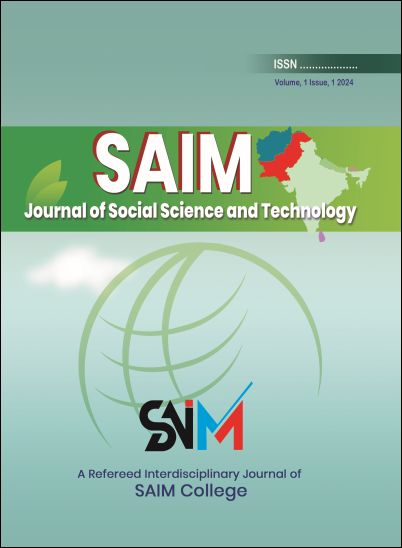Work-life Balance and Job Satisfaction: Evidence from Female Employees in Nepalese Commercial Banks
Abstract
Purpose: The primary purpose of this study is to examine the relationship between work-life balance and job satisfaction of female employees in Nepalese commercial banks.
Design/Methodology/Approach: To test the relationship between work-life balance and employee satisfaction, the descriptive and casual comparative research designs were used. The data were collected from 233 female employees of Nepalese commercial banks through structured questionnaires.
Findings: This study found that high work pressure impairs people's ability to balance their work and personal life. Having flexible work policies and leave provisions helps to maintain the balance between work and personal life. The insignificant relationship between job design and job satisfaction implies that the components of job design such as job autonomy, task identity, and quality feedback may not be the predictors of job satisfaction in general.
Practical Implications: It emphasizes the critical need for employers to understand and foster work-life balance in Nepalese commercial banks. The findings indicate that creating a supportive work environment is essential for female employees to maintain a healthy balance between work and personal life.
Originality/Value: To the authors' knowledge, it is the first conceptual model developed and tested specifically for female employees in this context.
Downloads
Downloads
Published
How to Cite
Issue
Section
License
Copyright (c) 2024 The Author(s)

This work is licensed under a Creative Commons Attribution-NonCommercial 4.0 International License.
This license enables reusers to distribute, remix, adapt, and build upon the material in any medium or format for noncommercial purposes only, and only so long as attribution is given to the creator.




